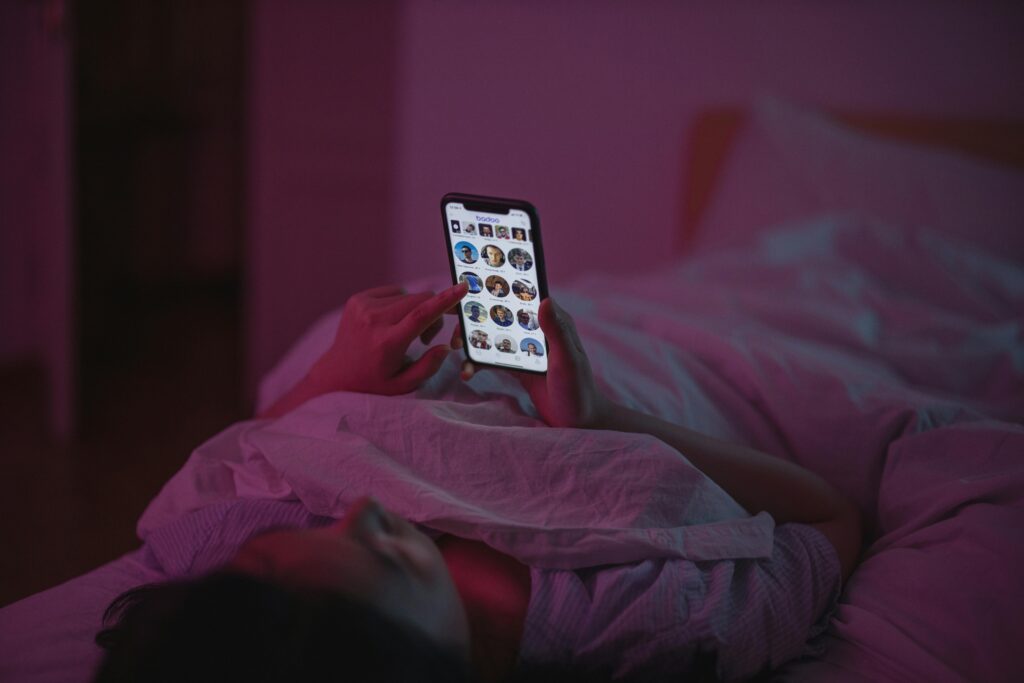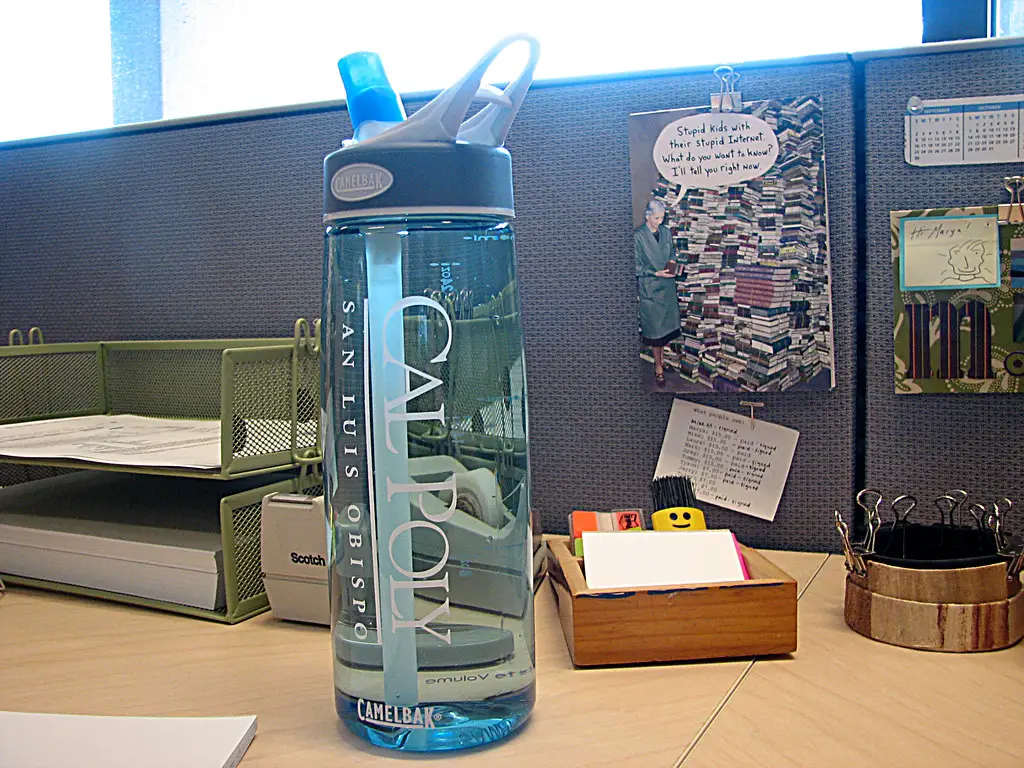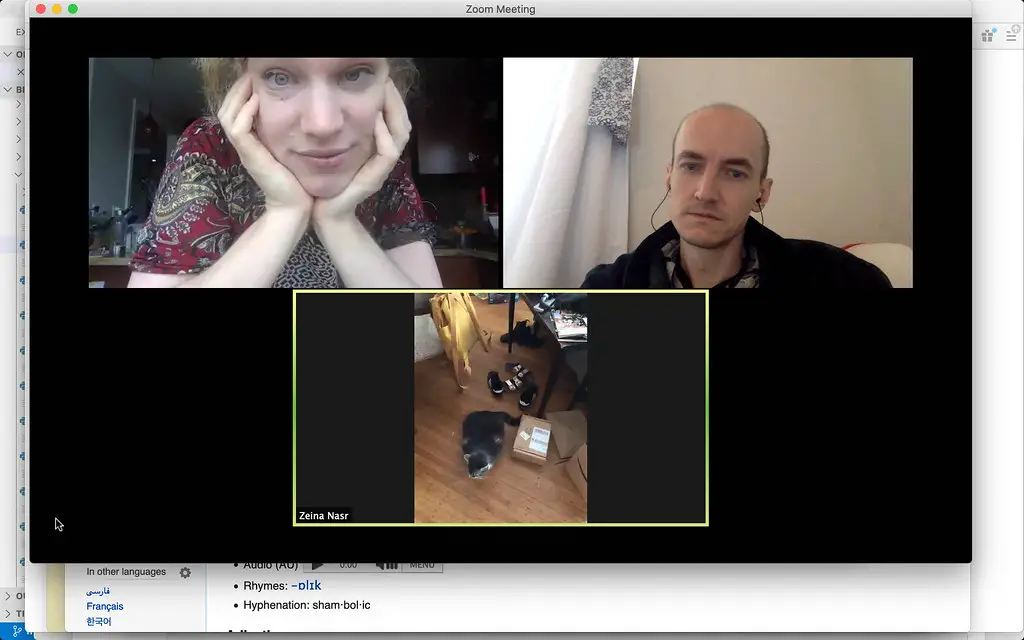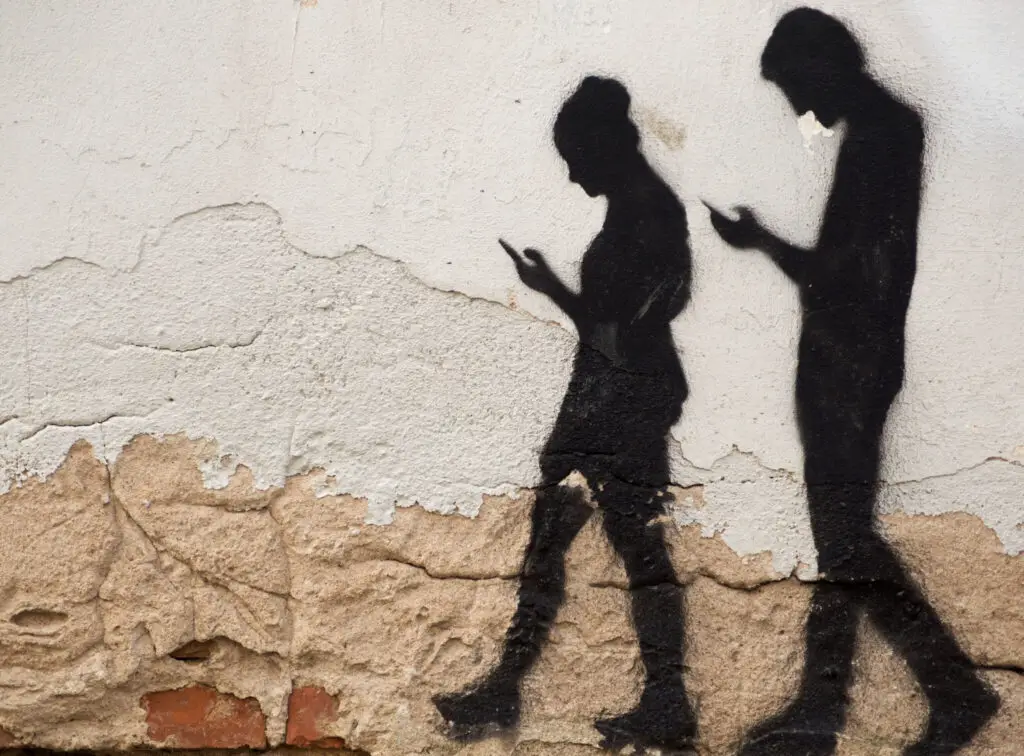Ever wake up feeling like your body hit “update later” and just never did? Like one day you were fine, and the next your back hurts from sleeping wrong, your jaw clicks like a TikTok transition, and your brain has the processing power of a potato? Yeah—same. Turns out, our bodies are throwing subtle (and not-so-subtle) tantrums all the time, and half the stuff that’s wrecking us isn’t even on our radar.
So if you’ve ever thought, “Why am I like this?” while drinking coffee at 3 p.m. and wondering if you’ve blinked today, this list is for you. These are the health truths no one tells you—the kind that explain why Mondays hit like a truck, why your gut’s in a bad mood, and why your spine absolutely hates your phone. Let’s unpack it all, one uncomfortable truth bomb at a time.
1. People Age Faster on Mondays

Ever feel like the weekend rejuvenated you, only to be slapped by Monday’s reality? Turns out, it’s not just in your head. A study highlighted by CBS News found that humans experience two rapid aging spurts in their lifetime—around ages 44 and 60. But here’s the kicker: the stress and routine of Mondays can exacerbate feelings of aging, making you feel older than you are.
While the study doesn’t pinpoint Mondays specifically, the psychological toll of starting the workweek can manifest physically. That groggy, sluggish feeling? It’s your body’s response to the abrupt shift from weekend relaxation to weekday hustle. So, maybe it’s time to rethink how we approach Mondays—perhaps with a bit more self-care and a lot less dread. Stress hormones like cortisol tend to spike on Monday mornings, which may explain the mood swings and sudden existential crises in front of your office coffee machine. Your blood pressure even tends to run higher on Mondays. Basically, if Mondays had a scent, it would be a mix of panic and espresso.
2. Sleep Deprivation Can Lead to Weight Gain

Think skipping sleep is harmless? Think again. According to Harvard Health, lack of sleep disrupts the balance of hunger hormones, increasing ghrelin (which stimulates appetite) and decreasing leptin (which signals fullness).
This hormonal imbalance can lead to increased cravings, especially for high-calorie foods, and decreased energy expenditure. So, those late-night Netflix binges might be adding more than just dark circles under your eyes. Prioritizing sleep isn’t just good for your mood—it’s essential for maintaining a healthy weight. Lack of sleep also messes with your insulin sensitivity, which can set you up for blood sugar chaos and, eventually, metabolic issues. Plus, you’re more likely to skip workouts and say yes to that donut when you’re running on fumes. TL;DR: if you’re trying to lose weight but not sleeping, you’re basically showing up to a boxing match with both hands tied behind your back.
3. Sitting Is the New Smoking

You might want to stand up for this one—literally. Prolonged sitting has been dubbed “the new smoking” due to its association with various health risks. Mayo Clinic reports that sitting for more than eight hours a day with no physical activity has a risk of dying similar to the risks posed by obesity and smoking.
Extended periods of inactivity can lead to increased blood pressure, high blood sugar, excess body fat around the waist, and abnormal cholesterol levels. To combat this, it’s recommended to incorporate at least 60 to 75 minutes of moderate-intensity physical activity into your daily routine. So, maybe it’s time to invest in that standing desk or take regular walk breaks. Sitting also slows down your metabolism, which means your body isn’t burning calories or processing sugars as efficiently. That “just one more episode” couch habit? It adds up fast. Even simple movement like stretching or marching in place can make a big difference if you’re chained to a desk all day.
4. Blue Light Disrupts Your Sleep

Scrolling through your phone before bed? It might be sabotaging your sleep. Harvard Health explains that blue light emitted by screens suppresses melatonin production more than any other wavelength, making it harder to fall and stay asleep.
This disruption to your circadian rhythm can lead to sleep deprivation, which, as we’ve discussed, has its own set of health consequences. To mitigate this, consider limiting screen time before bed, using blue light filters, or even wearing blue light-blocking glasses in the evening. Your sleep quality—and overall health—will thank you. Blue light also makes your brain think it’s still daytime, keeping you alert when you should be winding down. This is why doomscrolling in bed is basically like chugging a latte and wondering why you’re still awake at 2 a.m. Swap your screen for a book—or literally stare at a wall—it’s better for your brain.
5. Dehydration Impairs Cognitive Function

Feeling foggy? You might just be thirsty. Even mild dehydration can impair cognitive functions like attention, memory, and mood. A study published in Science Direct found that a 2% decrease in hydration levels can lead to significant declines in cognitive performance.
Staying adequately hydrated is crucial, especially during tasks that require focus and mental clarity. So, keep that water bottle handy and make hydration a priority throughout your day. Your brain will operate more efficiently, and you’ll likely feel more alert and energized. Bonus: being hydrated can also improve your mood, prevent headaches, and help regulate body temperature. Yet somehow we treat drinking water like it’s optional, while mainlining iced coffee like it’s our only fuel source. Hot take: if your pee looks like Mountain Dew, you’ve got some work to do.
6. Your Jaw Is Probably Out of Whack

If you’ve ever caught yourself grinding your teeth during a Zoom call or clenching your jaw while rage-texting, congrats—you’ve joined the TMJ dysfunction club. This low-key epidemic is fueled by stress, screen time, and our collective refusal to relax our faces. And no, your jaw clicking during dinner is not just “one of those things.”
Misalignment can cause chronic headaches, earaches, neck tension, and even dizziness. You may think it’s just stress, but it’s also the fact that you haven’t let your molars chill since 2020. A lot of people don’t even realize their jaw is the root of their issues—they just pop Advil and power through. Meanwhile, your masseter muscles are out here holding onto all your unprocessed emotions like a grudge. If you’re waking up with a sore jaw or headaches, that’s your body whispering (read: screaming) for help. Try jaw stretches, mouthguards, or just pretending you’re in a rom-com and need to dramatically exhale. Yes, unclenching your jaw might actually save your sanity.
7. You Probably Breathe Wrong

Sorry to break it to you, but most of us are out here breathing like stressed-out meerkats. Instead of deep, belly-filling breaths, we take quick, shallow ones that barely graze our lungs. This kind of “panic breathing” signals to your brain that you’re in danger—even when you’re literally just looking at your inbox.
Chronic shallow breathing can keep your body stuck in fight-or-flight mode, messing with your cortisol levels and making you feel anxious for no clear reason. It also reduces oxygen flow, which can lead to fatigue and brain fog. So, if you’re wondering why you’re tired even after eight hours of sleep, check your breath.
The fix? Breathe through your nose, fill your belly like a balloon, and exhale like you’re blowing out birthday candles for a wish you really mean. Do this regularly and your nervous system might finally stop acting like you’re being chased by wolves. Bonus: it can also improve posture and digestion. Who knew your lungs were the underrated MVPs of health?
8. Your Eyes Weren’t Built for Screens

Eyes weren’t designed to stare at glowing rectangles all day, yet here we are, blinking like once every 10 minutes. Digital eye strain—aka computer vision syndrome—is real, and it’s coming for your corneas. Symptoms include dry eyes, blurred vision, headaches, and feeling like you’ve just been awake for 72 hours even though it’s only 3 PM.
Part of the problem is that we forget to blink. Seriously—when you’re focused, your blink rate drops by over 50%, which dries out your eyeballs faster than a gossip group text. The blue light doesn’t help either, adding visual noise and messing with your sleep rhythm. Try the 20-20-20 rule: every 20 minutes, look at something 20 feet away for 20 seconds. It’s weirdly effective and might keep you from morphing into a mole person. Also, get yourself some artificial tears and maybe—just maybe—back away from TikTok before bed. Your eyeballs will thank you.
9. Your Feet Are Screaming, and You Don’t Even Hear Them

Feet: they literally carry you through life, and yet most of us treat them worse than expired yogurt. If you’ve been wearing flat shoes with no support or stuffing your toes into pointy boots, your feet are plotting revenge. Plantar fasciitis, bunions, hammertoes—these are the gifts of shoe choices made in denial.
We cram our feet into trendy shapes, then wonder why standing at concerts feels like a punishment from the gods. Bad foot support doesn’t just hurt your soles—it messes with your knees, hips, back, and even your neck. It’s a whole kinetic chain of chaos.
Give your feet a break with arch support, toe spreaders, or walking barefoot on soft terrain when you can. You don’t have to wear orthopedic shoes (yet), but maybe retire those $7 fashion flats from 2015. Your whole body is basically a Jenga tower—and your feet are the bottom row. Wobble them enough, and everything else starts collapsing.
10. Your Gut Bacteria Might Be Making You Sad

It sounds like sci-fi, but your gut is basically a second brain—and when it’s unhappy, so are you. Gut bacteria produce neurotransmitters like serotonin, dopamine, and GABA, which means your digestion and your mood are weirdly codependent. If you’re eating a diet of sad desk lunches and anxiety snacks, your microbiome is probably on strike.
Symptoms of a gut imbalance go beyond bloating and gas—they can include brain fog, low mood, fatigue, and even skin issues. If your stomach always feels “off,” your mental health might follow. It’s the ultimate toxic relationship: your gut ghosts you, and your brain spirals.
Fermented foods, fiber, and probiotics can help balance things out—though you’ll need consistency, not just one heroic kombucha chug. Stress management also plays a role, because cortisol can mess with your gut lining like a toddler with a Sharpie. TL;DR: Feed your gut right, and your emotions might finally stop staging a coup.
11. Your Body Thinks Stress Is a Saber-Toothed Tiger

Here’s the wild thing about stress: your body doesn’t know the difference between a deadline and a life-or-death situation. Evolutionarily speaking, we were built to run from predators, not answer emails with a fake smile and a clenched jaw. But every time you get that Slack notification or mentally rehearse a difficult convo, your nervous system fires up like you’re being chased through the forest.
Adrenaline spikes. Cortisol floods your system. Your heart races and your digestion stalls—because apparently, fleeing danger is more important than processing that sandwich. Over time, this constant low-key fight-or-flight mode leads to inflammation, insomnia, hormonal imbalance, and pure emotional burnout.
Modern stress is chronic, not acute, and our bodies aren’t built for that. Yoga’s not just for Instagram aesthetics—it actually tells your nervous system to chill out. Same with breathwork, walking outside, or screaming into a pillow (highly underrated, by the way). If your body had a voice, it’d be begging for less panic and more peace.
12. Chronic Noise Is Slowly Breaking Your Brain

You might not notice it, but that constant background hum—the traffic, notifications, TV in the other room—is slowly frying your nervous system. Chronic noise exposure has been linked to higher cortisol levels, elevated blood pressure, and poor sleep. Basically, your brain never gets to take its shoes off and relax.
Even “normal” sounds, when persistent, can lead to sensory fatigue and mental exhaustion. Ever notice how you’re way more irritable after a day of construction noise or chaotic commutes? That’s your brain throwing in the towel. Silence isn’t just golden—it’s healing. Try noise-canceling headphones, white noise machines, or (radical idea) turning everything off for 20 minutes. Your brain will feel like it just got a spa day. And you might stop snapping at your houseplants.
13. Your Spine Hates Your Phone

The average adult spends 3–5 hours a day staring down at their phone. That “text neck” posture—head tilted forward, shoulders hunched—isn’t just awkward-looking. It puts up to 60 pounds of pressure on your neck, which your spine is definitely not vibing with.
Over time, this can lead to pain, stiffness, disc issues, and even numbness in your arms or hands. And because your spine is the main support column of your body, one janky vertebra can throw your whole posture out of whack. Ever felt like your shoulders live in your ears now? Yeah, that’s probably from scrolling.
Start holding your phone at eye level and take stretch breaks like your chiropractor is watching. You don’t need to go full yoga guru—just move more and hunch less. Your spine might not say thank you out loud, but it’ll definitely stop screaming in protest. Well, eventually.
